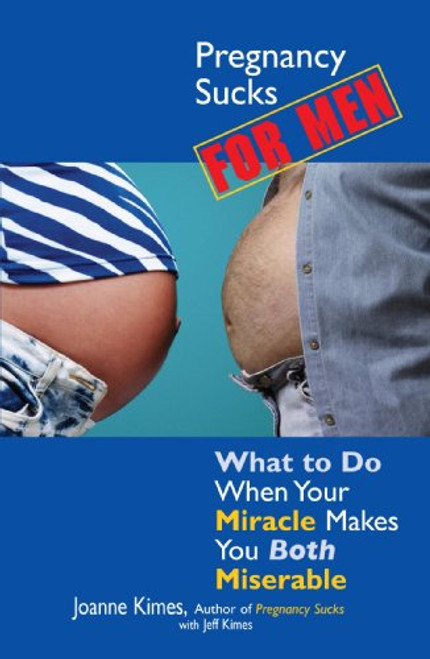Product Overview
Contrary to the popular homily, this is one book you can tell by its cover. The title, The Wildest Colts Make the Best Horses, conveys an attitude that ennobles and supports an effort to defend and enhance the spirits of our young people.
The subtitles also communicate a great deal of information. The first subtitle, The truth about Ritalin, ADHD and other disruptive behavior disorders reveals that the book addresses at length the specific phenomenon of labeling huge numbers of our children with these diagnoses and giving these children drugs. As suggested by the second subtitle, What to do when your child is labeled a problem by the schools, this book is very much oriented toward parents' or other adults who need support with this issue. The book holds a great deal of information that is generally useful to adult allies of young people in any situation.
The book is divided into three major sections.
Part I: RECOGNITION AND REMEMBRANCE. To respond effectively to a situation, we need a realistic picture of that situation. Our society greatly distorts reality in regard to the experience of young people and schools. Specifically, the practice of BioPsychiatry (i.e., the reduction in our thinking about human beings to biological and genetic function and the subsequent use of drugs and/or electric shock to treat that function) is addressed. Recognizing and understanding BioPsychiatry is crucial to effectively respond to the fact that we have about four million children on Ritalin today in the United States and to deal with the pressures we receive to drug our own children. The section on RECOGNITION also presents ideas that are important to realize about schools and a few key beliefs that influence the way we relate to our children.
This part of the book is also about REMEMBRANCE. It is extremely challenging to be a parent under any circumstance (or to be a parent surrogate such as a teacher or other adult caregiver). Our society is not set up to effectively support those who care for our young. It is even more challenging, and often overwhelming, to be a parent when your child is having a hard time or not acting right. When others, such as school and mental health authorities, are pressuring you to do something about your child's problems, the stress becomes even more intense. At these times we are most likely to forget who we really are, who our child really is, and what is really important. A goal in this section is to provide a few reminders toward re-remembering the true nature of your child and of yourself as a parent. A few pointers are offered to hold onto during this stressful time.
Part II: INFORMATION AND ACTION. This section covers several areas that respond to that original question of What are your solutions then? The emphasis of this section is on Action - what else you can do as a parent to help your child. The author's experience was that he got precious little good information to prepare him for his role as a parent. He is very aware of how extremely difficult it is to implement the ideas presented in the face of our distressed society. What is offered here will help you respond to the challenge of parenting and being good allies to our young people.
Gender pronouns are alternated, especially in describing children, rather than attempting to neuter, pluralize or simply use the masculine for convenience sake. Sex differences need not affect parenting decisions except when determining how best to counter the heavy gender conditioning that comes down on boys and girls in their respective cultures.
Part III: ON COUNSELING CHILDREN. This section contains the heart of the book. The theory presented here is a tremendous affront to much of the conventional wisdom and conditioned thinking with which we are all thoroughly saturated. It is also a tremendous challenge to implement this approach in the face of parental oppression and lack of support for children, parents and families in our society. Therefore, it is important to go into some depth on key areas including shame, crying, fear and anger. In addition, the author shares his own experience as a parent, particularly some of the trials, tribulations and successes with his son, Eric. He offers teachings that have been helpful to him with the caveat that this is one father who does not know best.






